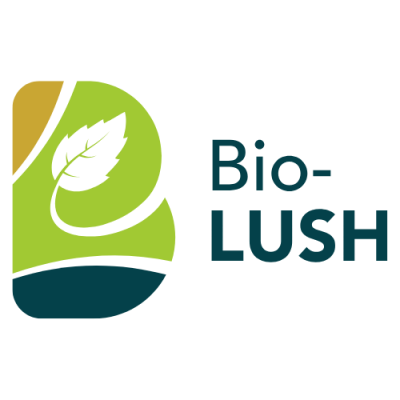
Bio-LUSH
BIOMASS VALORIZATION FOR SUSTAINABLE AND HIGH QUALITY FIBER MATERIALS

BIOMASS VALORIZATION FOR SUSTAINABLE AND HIGH QUALITY FIBER MATERIALS
Bio-LUSH aims to extract high-quality fibres from the cell walls of underexploited and widely available European plant resources, including nettles, hemp hurd, seagrass and forestry residues. It then aims to develop an innovative process for refining the fibres and converting them into functional bio-based materials.
The project will demonstrate the use of the extracted fibres to manufacture sustainable bio-based products, including edible food packaging, antibacterial textiles and 3D-printable filaments for impact-resistant car interior components. The commercialisation of the materials will be supported by activities to enhance their social acceptance and a dedicated business plan.
In terms of objectives, Bio-LUSH aims to:
As regards impact, the Bio-LUSH partners expect to: